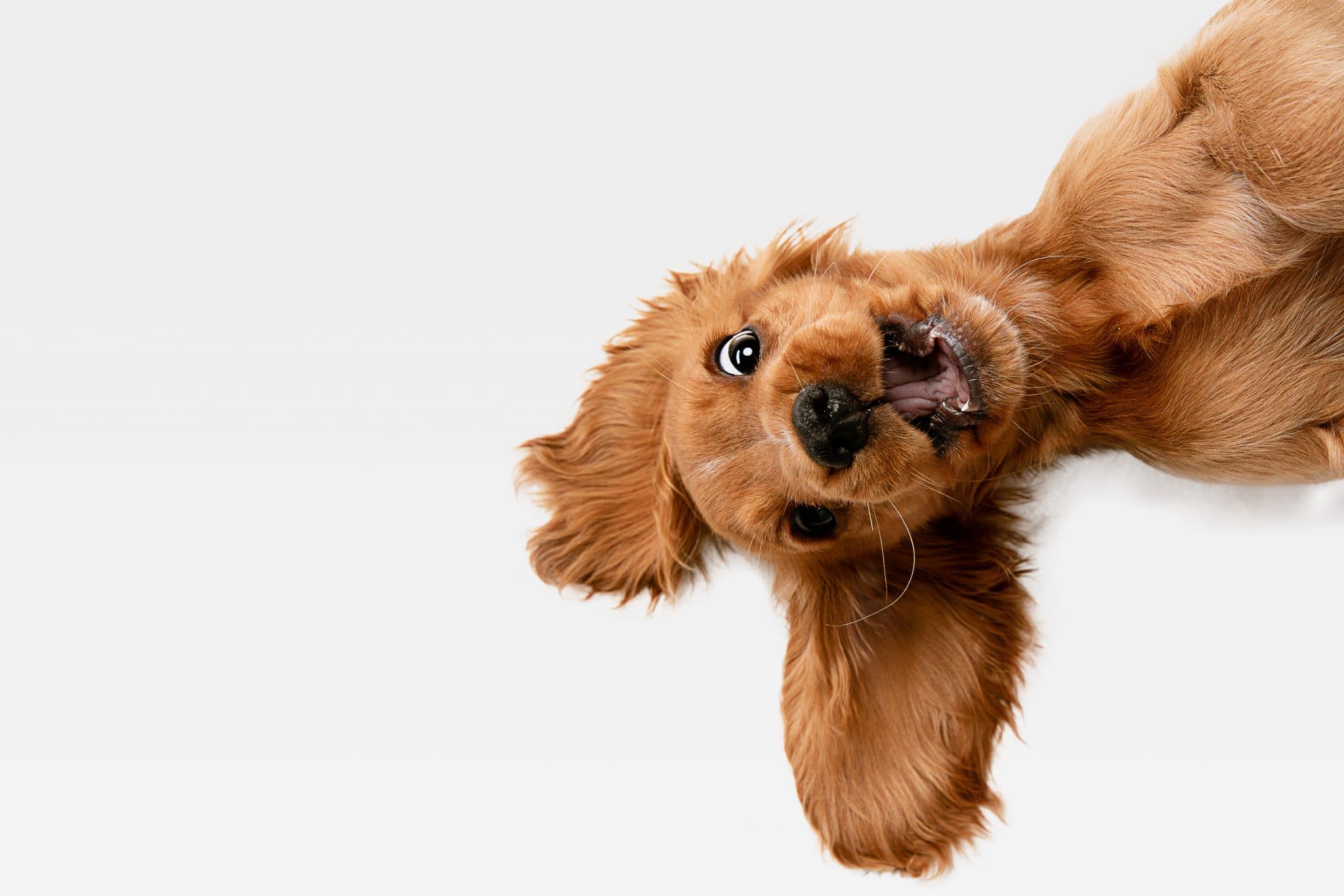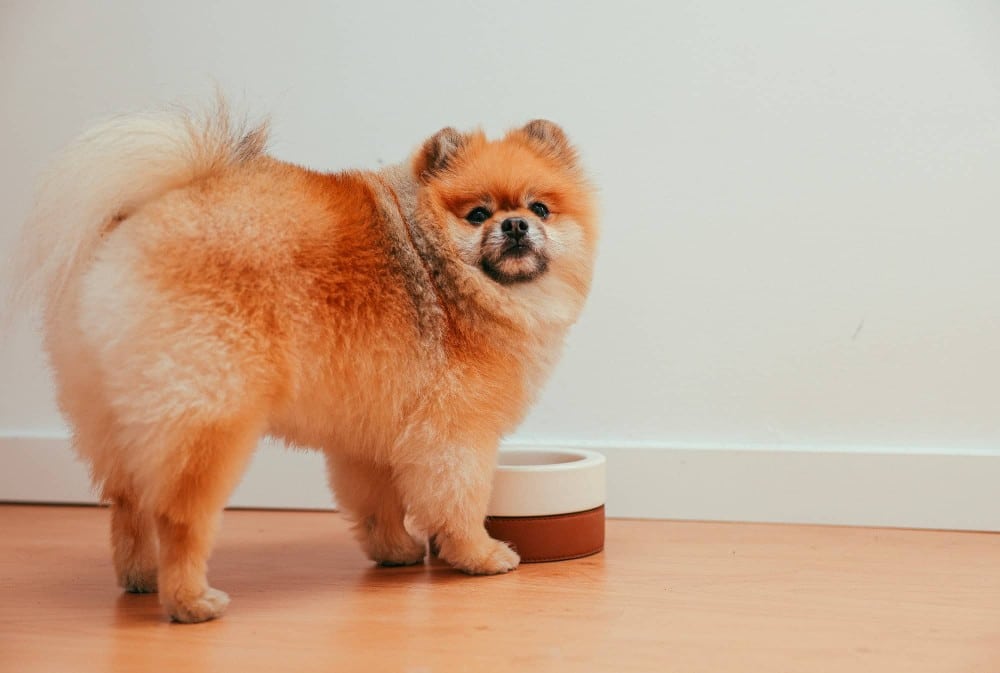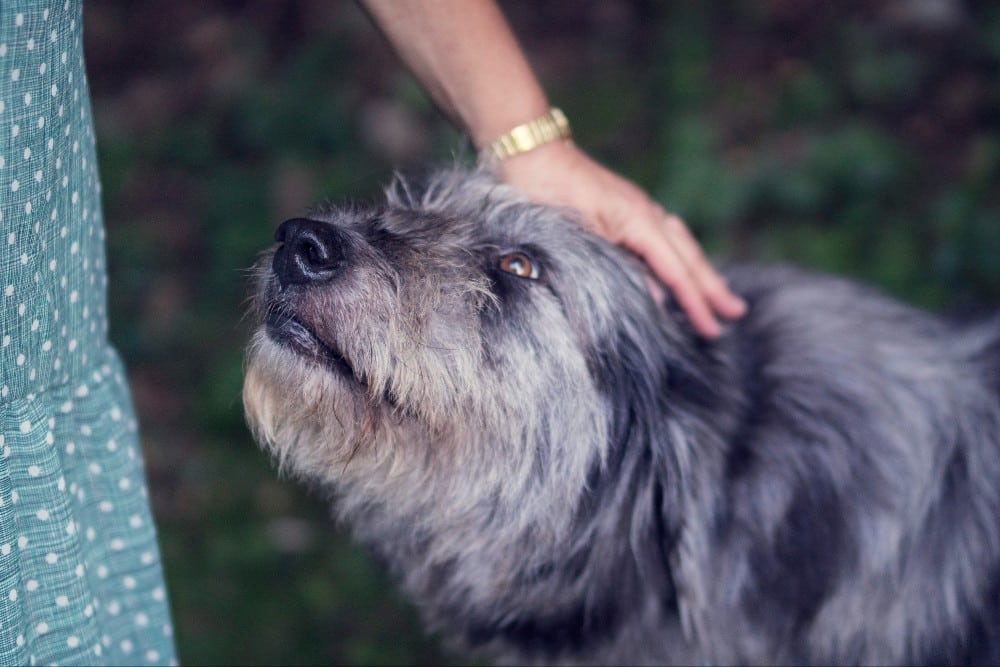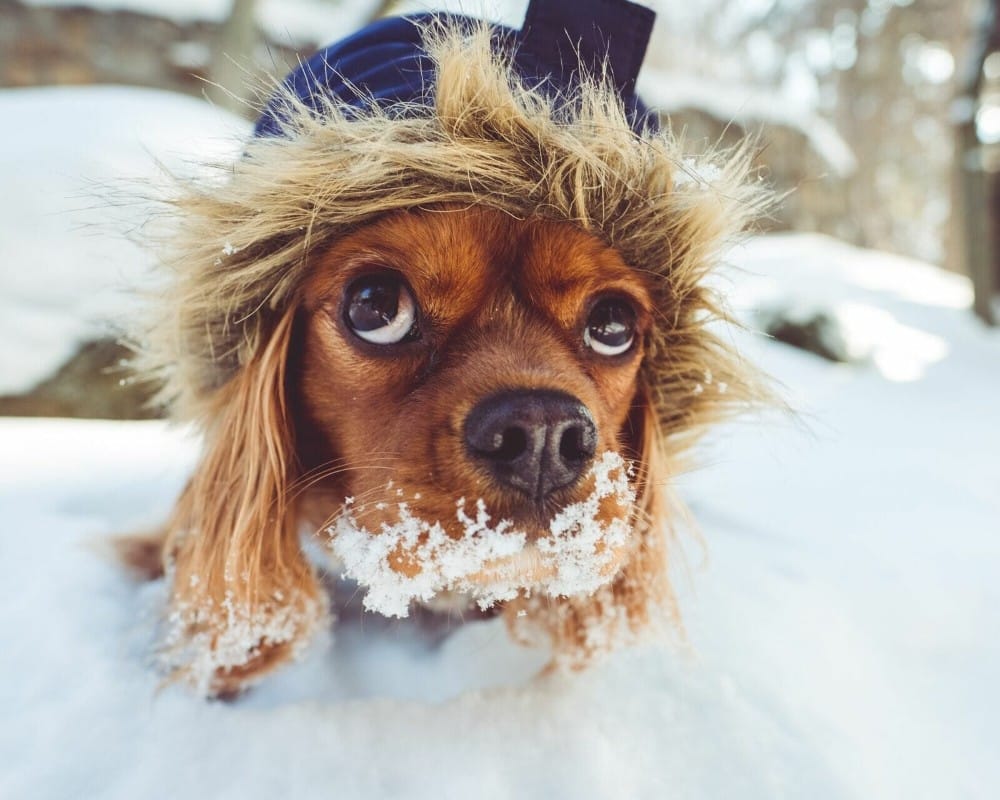Hiccups are one of those things that you might not think about all that often — until you come down with a case, that is. When that happens, you probably won’t be able to think about much else besides how to make them stop.
Well, humans are not the only species to experience the disconcerting, often entertaining experience of having the hic-hic-hiccups. Our dogs can get them, too. Because hiccups happen when the diaphragm contracts involuntarily, any animal that has a similar respiratory system to ours is prone to them. Today we’re taking a closer look at dog hiccups, what they could indicate and how to handle them.
What Exactly Are Dog Hiccups, Anyway?
A dog hiccup is simply a reflex or spasm of the diaphragm, the large, thin, dome-shaped sheet of muscle that separates the thoracic cavity, containing the heart and lungs, from the abdominal cavity, which holds the stomach, liver, kidneys and intestines. When it occurs, the glottis (aka the vocal cords) snap suddenly shut, resulting in the telltale “hic!” noise.
Why do dogs get hiccups? Unlike other bodily reflexes like the sneeze, which expels irritants from the upper respiratory system, hiccups don’t seem to do anything productive. Because we know that fetal hiccups occur, some biologists have posited that they play a role in developing the breathing muscles in utero, and are therefore a residual action that just never completely goes away.
Related: 7 Natural Remedies to Cure Your Dog’s Bad Breath
What Causes Dog Hiccups?
Although we don’t really understand why dog hiccups happen, we do have some insight into what causes them — at least when it comes to the canine variety. While older dogs can and do get the occasional bout of hiccups, puppies are far more prone. That’s due in part to the high-energy tempo of young dogs’ daily life.
Related:
“The cause of hiccups is not entirely known,” explains Gerardo Navas from Pet Medical Center of Katy, Texas. “Puppies will sometimes get hiccups when they eat or drink too fast and swallow too much air. Hiccups may also happen when dogs are excited or stressed.”
If you have ever seen a puppy hard at play, you know that they can start panting pretty quickly. This shallow, rapid breathing can disrupt the natural rhythm of the lungs, leading to an aberrant contraction of the diaphragm.
Similarly, when puppies get overexcited come mealtime — and honestly, who among us doesn’t get that way once in a while? — they can become gulpers. Whether it’s because their food is irresistible or they’re just anxious to get back to their play, puppies who wolf down their food and guzzle their water are invariably going to swallow a lot of air, leading to dog hiccuping.
However, it’s not just overenthusiastic joie de vivre that can cause dog hiccups in puppies. Stress, which is essentially the flip side of excitement, is another culprit. So is fatigue, perhaps because yawning can lead to irregular breathing.
Related: 9 Grain-Free Dog Treats That Are So Yummy
Some dogs have sensitive stomachs, and it’s possible that particular foods will increase a pup’s tendency to hiccup. If your puppy’s hiccups only happen right after meals, try changing up her diet to see if that makes a difference.
Lastly, limit your dog’s exposure to environmental irritants like heavily scented air fresheners, cleaning products, chemical fumes and cigarette smoke. Not only can they lead to dog hiccups, but they can also seriously damage your dog’s respiratory system and overall health.
How to Make Dog Hiccups Stop
Let’s face it; dog hiccups can be awfully cute, and no one would blame you if you shot a quick phone vid to share with your friends and followers. After documenting them, however, remember how annoying it is when you can’t stop hiccuping, and lend your dog a hand.
Human hiccup remedies such as breathing into a paper bag or sipping water from the far side of a glass won’t work on those who are without opposable thumbs. But all you have to do is help your dog slow or alter his rate of respiration. This can be achieved in a couple of different ways, most of which he’ll find agreeable.
A spoonful of something sweet and sticky is a welcome cure. Honey, maple syrup, or peanut butter will help coat the dog’s throat, soothe any irritation, and distract him long enough for his breathing to get back to normal.
You could also try giving him a small sip or two of water, just enough to wet his whistle. Take care not to give a gulp-able amount.
“If the dog is very excited, calming them down helps stop the hiccups,” Dr. Navas adds. “You may try massaging your dog’s chest to help relax the diaphragm or even gently startling your pet.”
Some belly rubs, a nice ear rub or just general petting and snuggling might not be a surefire remedy, but there’s definitely no harm in trying! If your puppy seems confused or troubled by the strange sensation he’s experiencing, your touch and gentle words will reassure him.
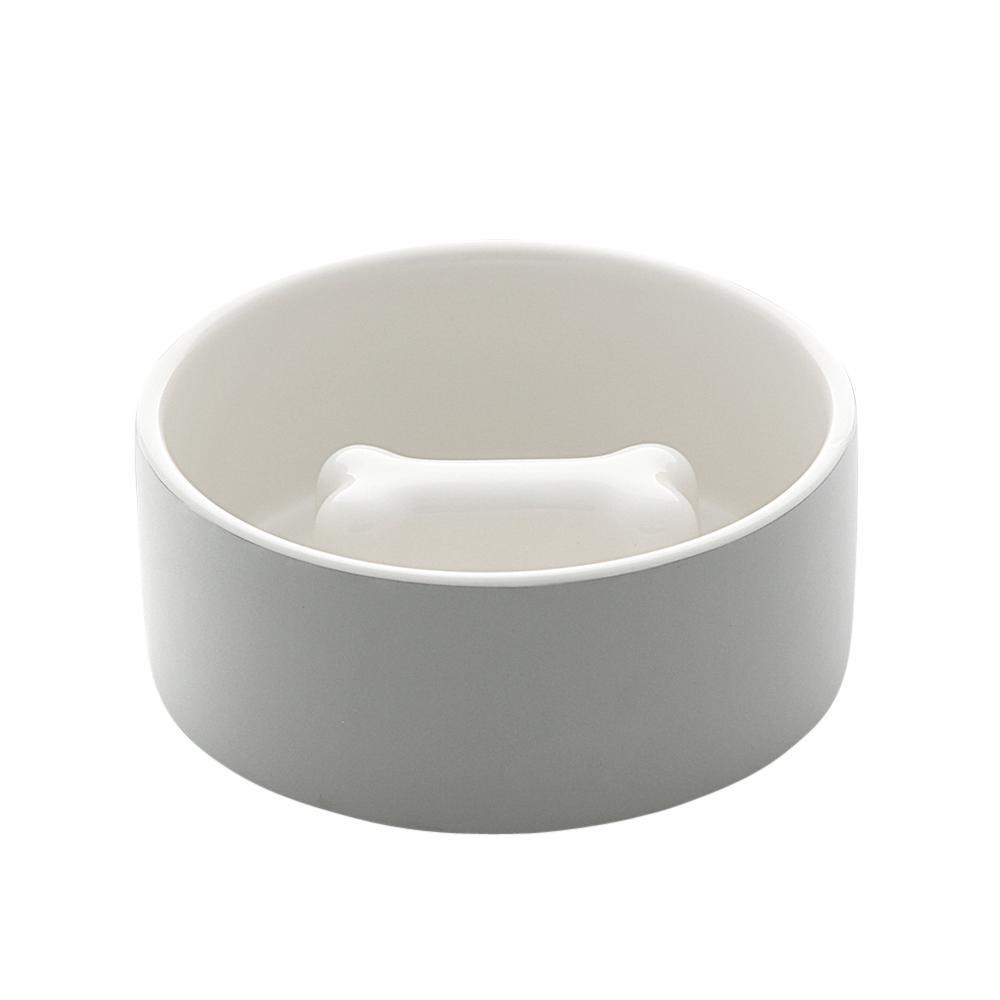
SHOP NOW
To help a dog stop scarfing down his food, look into a slow feeding dish. These come in a variety of sizes and styles, but all are designed to make the hungry hound work just a little bit harder for his supper. The added challenge of maneuvering kibble out from a maze-like design or a bowl with peaks and valleys necessarily forces the dog to slow down, thereby ingesting less air along with the food.
When Dog Hiccups Become a Health Concern
The majority of hiccuping cases will either resolve themselves within a matter of minutes or respond to these gentle interventions. Moreover, your puppy will most likely outgrow them altogether by the time she’s eight months to a year old.
Nevertheless, it’s good to be prepared and know what to do in case the hiccups simply won’t cease despite your best efforts.
“When hiccups last for a few hours and nothing helps to stop them, you may want to call your veterinarian,” advises Dr. Navas. “Sometimes, hiccups may be a sign of serious respiratory or gastrointestinal disease.”
Some of the health concerns associated with hiccups include:
- Respiratory defects
- Pneumonia
- Asthma
- Pericarditis
- Diseases of the liver
- Damage to the phrenic or vagus nerves
- Neurological conditions like meningitis and encephalitis
- Traumatic brain injury
- Heat stroke
A dog who regularly hiccups while he sleeps but doesn’t seem to be dreaming is another good reason to consult your vet. For daytime hiccuping spells, other signs that there may be more than meets the ear include coughing, a wheezing sound, irregular breathing or difficulty breathing. Seek medical attention if your dog exhibits any of these signs or if the hiccups do not abate within an hour or so.
The bottom line? Hiccups can be cute and they are generally harmless. If your puppy is prone to them, try a slow feeder, calming the dog so his breathing returns to normal, or treating him to a spoonful of syrup or PB. In the event of an hours-long hiccupping spell, call your vet for the sake of your dog’s health and your own peace of mind.
Related: Here’s How to Find Out What Your Dog Is Allergic To













